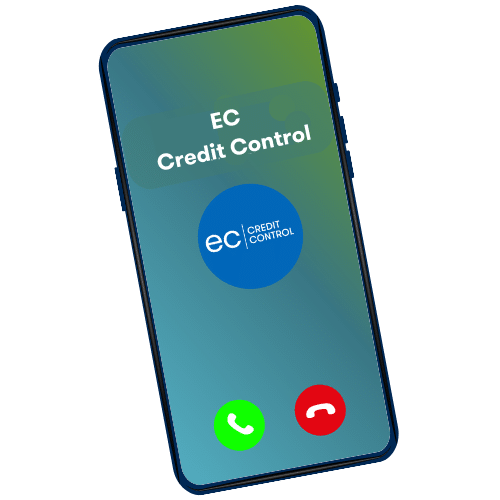
Have you been thinking about tightening up your processes for when the unexpected happens?
We talk about handshake deals a fair bit and that’s because many of our clients and the business owners we talk to on a daily basis have been guilty of agreeing to them.
Sometimes those deals are fine, but on occasion, they haven’t gone so well. Materials you have supplied used and not paid for, sub-contracting to someone with no written contract accumulating to a disagreement on payment and other disputes which have ultimately led you to be out of pocket.
Ensuring you use best practices with up-to-date Terms and Conditions of Trade is an important part of your customer onboarding process, particularly in these economic times where safeguarding your business will be front of mind.
Have a read of some tips and tricks to ensure you avoid any niggly hassles down the track.

Running a credit check before you do business is a great idea, as it will give you the facts on a potential customer’s financial history and if they have the ability to pay you. Identifying and managing that risk now will determine first if you want to do business and help you set appropriate terms for each new customer.
We have a relationship with the top credit reporting companies in the country and can get you set up.

Lack of a clear agreement or signed contract in place is one of the major causes of business disputes so having everything in writing should be a top priority.
Make sure your Terms and Conditions of Trade, including payment details, are included on your business forms, such as a credit application or client information form and that they are signed by all the parties involved before you start any work.
If you need your terms reviewed, or any residential/building or sub-contractor agreements drawn up we can help.
Setting clear expectations at this stage creates peace of mind for you and your customer.

For communication to be effective, it must be clear, correct, complete, concise, and compassionate.
Having good communication and relationships with your customer will help avoid disputes, especially in cases where your scope of work may change.
If you need to vary your agreement or contract ensure the variations are also put in writing and agreed to by all parties. This may be as simple as obtaining an email confirming acceptance of the variation or providing a more formal document which we can draft if needed.

It’s well worth looking into registering your personal property on the PPSR particularly if you hire, rent to lease goods or if goods are left on building sites during the completion of a construction job.
The benefit of the PPSR is that if your customer was to default to go into liquidation, you would have a better chance of being paid before other creditors, giving you an extra layer of protection.

As a business, you are required to follow a strict set of rules when handling personal information, so it’s important to know what you can and can’t collect as part of the Privacy Act.
Having a privacy policy in place will outline how you’ll collect, hold and use/share your client’s personal information and should also be included in your Terms and Conditions of Trade.

We know the feeling, you’re so busy working on the business that the admin sometimes can fall by the wayside.
Staying on top of this side of things is what keeps a steady cash flow so having some processes in place will keep you on the right track.
Make sure your customers are well-prepped for payment time, invoice your customers straight away and make sure you stick to your late payment terms.
If you do get to a stage where slow payers are letting you down, the value of the time taken to chase those payments is best left up to us. You can then concentrate on the work at hand and generate further income.


Our business is NZ owned.
EC Credit Control (NZ) Ltd
